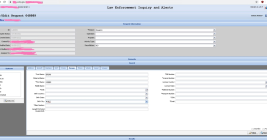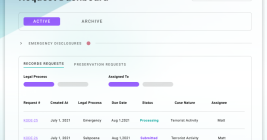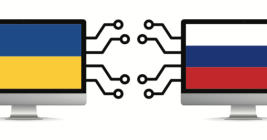Senators Urge FTC to Probe ID.me Over Selfie Data
Some of more tech-savvy Democrats in the U.S. Senate are asking the Federal Trade Commission (FTC) to investigate identity-proofing company ID.me for “deceptive statements” the company and its founder allegedly made over how they handle facial recognition data collected on behalf of the Internal Revenue Service, which until recently required anyone seeking a new IRS account online to provide a live video selfie to ID.me.













